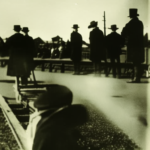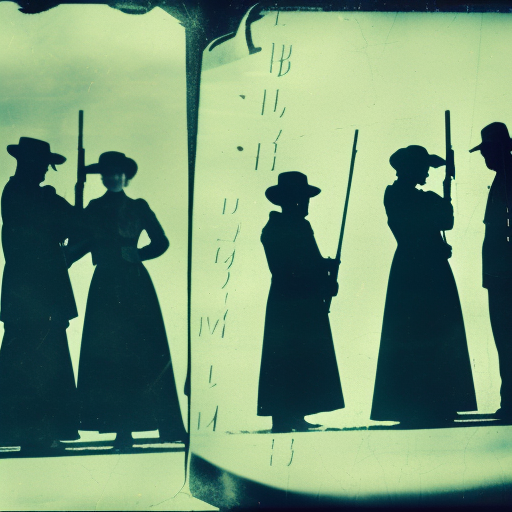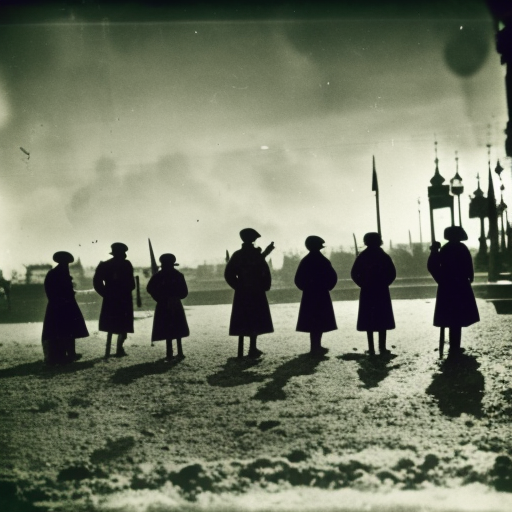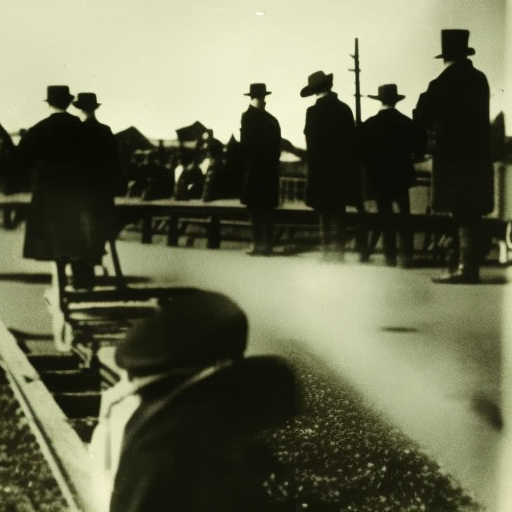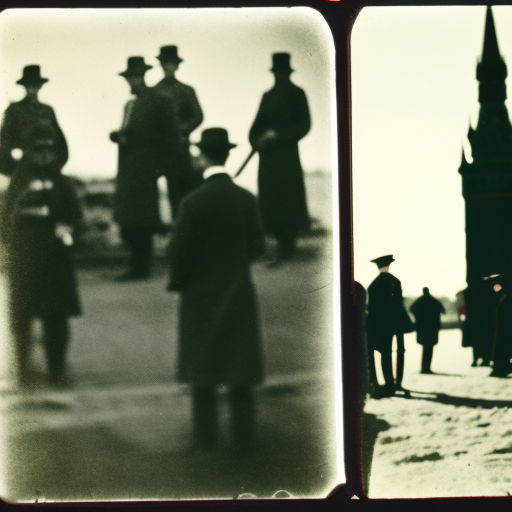The Zimmermann Telegram (1917)
The Zimmermann Telegram was a secret diplomatic communication sent by the German Foreign Secretary, Arthur Zimmermann, to the German ambassador in Mexico during World War I. The telegram, intercepted and decoded by British intelligence, played a significant role in shaping the course of the war and ultimately led to the United States’ entry into the conflict.
Background:
At the time, Germany was engaged in a brutal war with the Allied powers, including Britain, France, and Russia. The German government was desperate to gain an advantage and break the stalemate on the Western Front. In January 1917, Germany announced its intention to resume unrestricted submarine warfare, a move that threatened American lives and interests.
The Telegram:
On January 16, 1917, Arthur Zimmermann sent a coded telegram to the German ambassador in Mexico, Heinrich von Eckardt. The telegram proposed a military alliance between Germany and Mexico in the event that the United States entered the war against Germany. It suggested that Mexico should attack the United States, promising financial and territorial rewards in return.
Interception and Decoding:
The British intelligence intercepted the telegram and successfully decoded it. Realizing the potential impact of the message, the British government decided to share the contents with the United States. They hoped that the revelation would sway American public opinion against Germany and prompt the U.S. to join the war on the side of the Allies.
Impact on the United States:
The Zimmermann Telegram caused a significant uproar in the United States. The American public was outraged by the proposal of a foreign power encouraging Mexico to attack their country. The telegram was seen as a direct threat to American sovereignty and security.
Publication and Public Reaction:
On February 25, 1917, the British government released the contents of the Zimmermann Telegram to the American press. The news spread quickly, and the American public was incensed. The telegram further fueled anti-German sentiment and increased support for U.S. intervention in the war.
U.S. Entry into World War I:
The Zimmermann Telegram played a crucial role in pushing the United States towards war. On April 2, 1917, President Woodrow Wilson asked Congress to declare war on Germany, citing Germany’s aggressive actions and the threat posed by the telegram. Congress approved the declaration, and the United States officially entered World War I.
Legacy:
The Zimmermann Telegram had far-reaching consequences. It exposed Germany’s aggressive intentions and undermined their attempts to maintain neutrality in the eyes of the American public. The telegram also highlighted the importance of intelligence gathering and code-breaking in modern warfare.
Conclusion:
The Zimmermann Telegram was a pivotal event in World War I that ultimately led to the United States joining the conflict. The intercepted and decoded telegram revealed Germany’s plans to involve Mexico in the war against the United States, creating a wave of public outrage and swaying American public opinion in favor of intervention. The telegram’s impact on the course of the war and the subsequent U.S. entry solidified its place in history as a significant turning point in the conflict.







